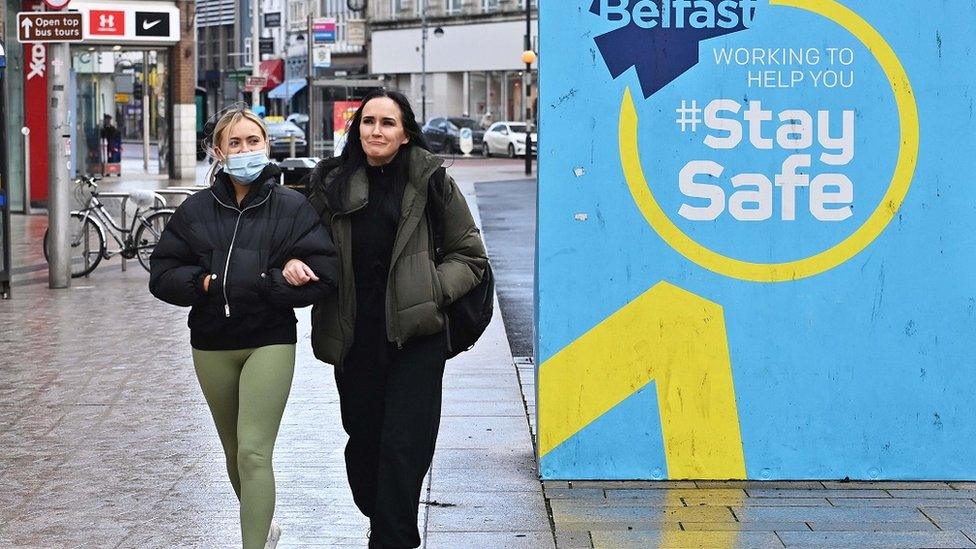Covid-19 self-isolation: Which rules apply where?
- Published
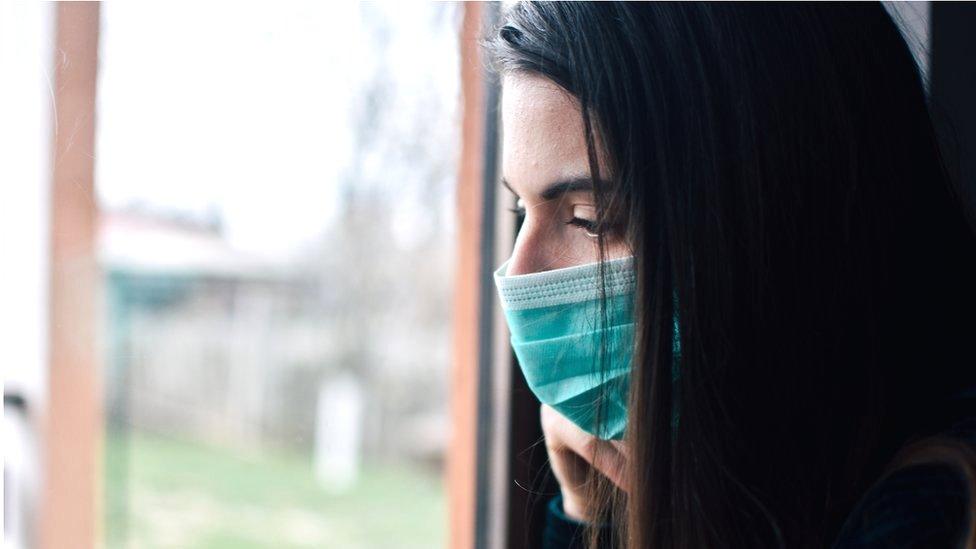
In Northern Ireland, you should self-isolate for 10 days, but can stop if you test negative on days five and six
The guidance on the self-isolation period if you have Covid-19 depends on where you live.
In Northern Ireland, if you test positive you should self-isolate for 10 days, but may be able to stop sooner.
In England and Wales, government guidance states that you should stay home for at least five days. In Scotland, it's seven days.
In the Republic of Ireland, there is a seven-day isolation rule. But this is currently under review.
For hundreds of cross-border workers who live in Northern Ireland but work in the Republic, the situation is more complicated with two sets of rules - one for each side of the border.
So which rules apply?
The Department of Health has said people should follow the rules of the country in which they live, but they should check with their employer to ensure they comply with any additional requirements, like those in place for health and social care workers.
In February, Health Minister Robin Swann revoked Northern Ireland's remaining Covid-19 restrictions.

Health Minister Robin Swann said Northern Ireland would not be "rushed" into following England and ending free mass testing
What are the rules on self-isolation in Northern Ireland?
The need to self-isolate after testing positive for Covid-19 was never a legal requirement in Northern Ireland, but remains in force as "very strong guidance".
If you have Covid symptoms, you are advised to do a PCR test and self-isolate until you have the result.
However, if you have no symptoms and have tested positive using a Lateral Flow Test (LFT) then you do not need to book a PCR test.
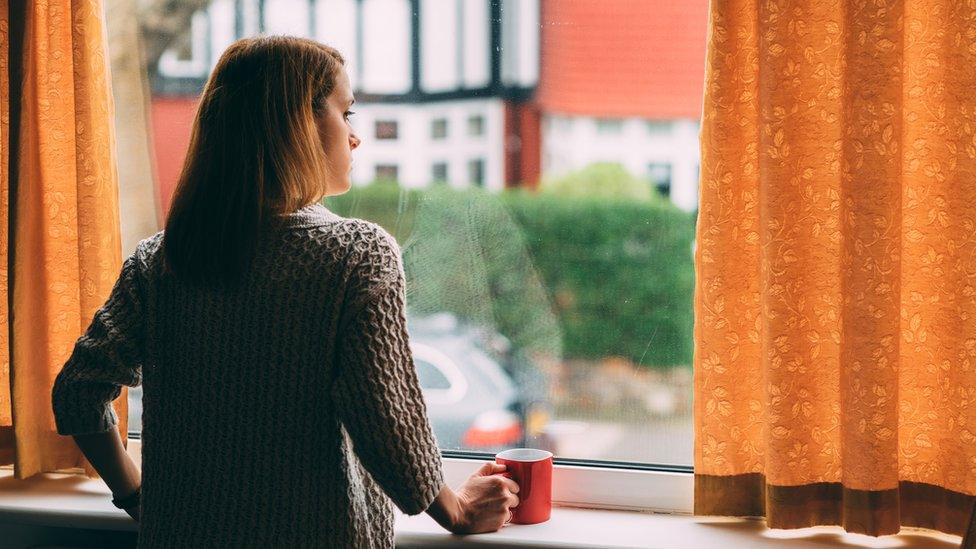
It is possible to end self-isolation early in Northern Ireland
Anyone who tests positive, using either a PCR or LFT, should self-isolate for 10 days.
The day you test positive - or the day that symptoms began if earlier - is counted as day zero. The next day is day one of self-isolation. The Department of Health has created a chart that explains precisely how to move forward., external
It is possible to end self-isolation early.
You can take a LFT on the fifth full day of isolation. If it is negative, and you test negative again 24 hours later and you do not have a high temperature, then you may end your self-isolation.
The guidance applies whether or not you are vaccinated.
What should close contacts do?
If you are fully vaccinated (two doses) you should take a LFT.
If it is negative you do not need to isolate, but you should take daily LFTs until the tenth day after your last contact.
If you test positive, you should isolate immediately.
Close contacts who are not fully vaccinated should self-isolate for the full 10 days.
Where to get tests
Most people will no longer be able to access a free PCR test in Northern Ireland from 22 April.
LFTs will continue to be free, but only for people displaying Covid-19 symptoms and this policy continues to be reviewed.
Routine contact tracing is also set to be phased out between the middle of April and the end of June.
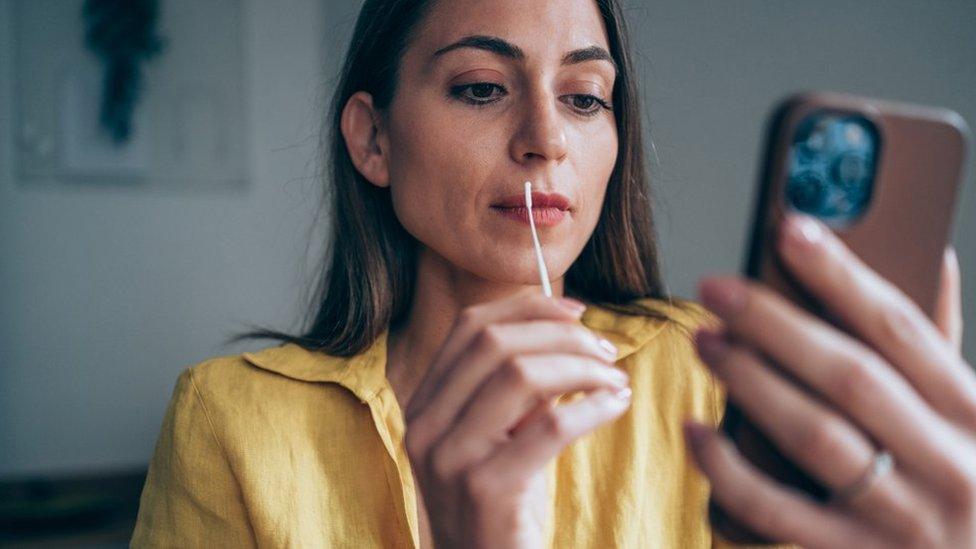
Lateral flow tests will only be free for those showing symptoms
What are the isolation rules in the Republic of Ireland?
People in the Republic of Ireland who test positive for Covid-19 are required to self-isolate for seven days, rather than 10.
If you are aged 13 years or older and test positive you must self-isolate for seven days and wear a medical grade FFP2 mask for 10 days.
Children aged 12 and under who test positive must also self-isolate for seven days, but only those aged nine to 12 years old must wear a mask.
Close contacts who show no symptoms and are fully vaccinated no longer have to isolate for five days. They are advised to take regular LFT tests and wear a higher-grade mask.
People who have not received a booster vaccine will have to isolate for seven days.
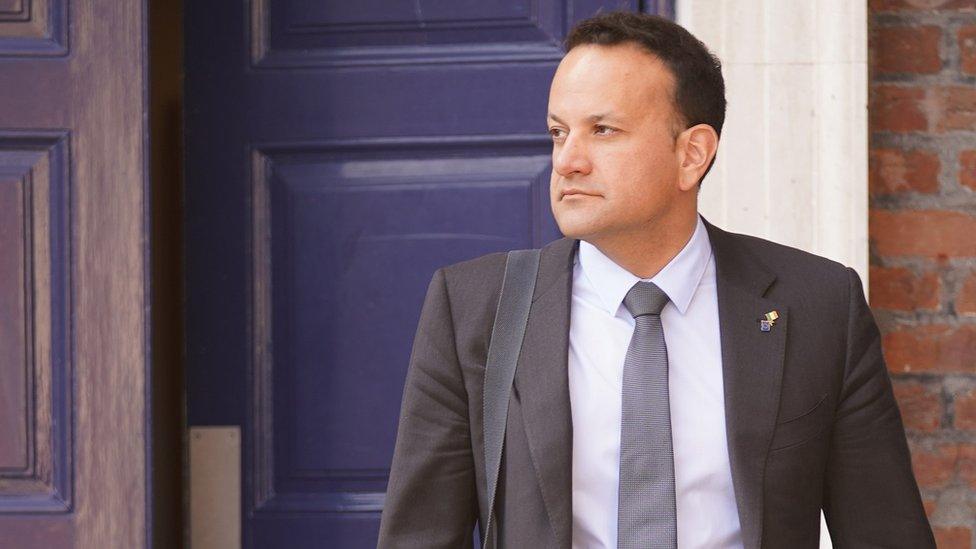
Tánaiste Leo Varadkar said the seven-day self-isolation rule is under review
What about testing requirements?
In the Republic, people under 55 who have no underlying conditions are no longer required to get tested for Covid-19. They should self-isolate until 48 hours after symptoms subside.
Those who should take a PCR test are:
Anyone aged 55 and over who has not received a booster jab;
Anyone with a high risk medical condition;
Anyone who is immunocompromised;
Pregnant women;
People who live with or provide care and support for those who are immunocompromised.
For these people, it is seven days of isolation and three days of taking precautions.
Tánaiste Leo Varadkar said last week that reducing the isolation period from seven to five days is currently "under review" and that the chief medical officer would report back in a few weeks.
What are the rules in the rest of the UK?
In England, the law which required people with Covid to self-isolate has been lifted. Routine contact tracing has ended, as have self-isolation support payments.
Most people in England won't now get free PCR or lateral flow test.
If you're an adult, you're advised to try to stay at home for five days - and beyond if you're still feeling unwell - after the day you took the test.
Close contacts of people with Covid also don't have to self-isolate or take daily tests, regardless of their vaccination status.
Free Covid tests will still be available for some groups, including NHS staff caring directly for patients, the government has confirmed as it winds down the service for the public.
In Scotland, you're asked to self-isolate for 10 days including the date of the positive test. You can end self-isolation after two negative LFT results, 24 hours apart - the first no earlier than day six. If you don't have a temperature, you can stop self-isolating after the second negative test, on day seven.
The guidance in Wales is the same as Northern Ireland, you can take an LFT on the fifth full day of isolation. If it's negative, and you test negative again 24 hours later, you can leave self-isolation as long as you don't have a temperature.
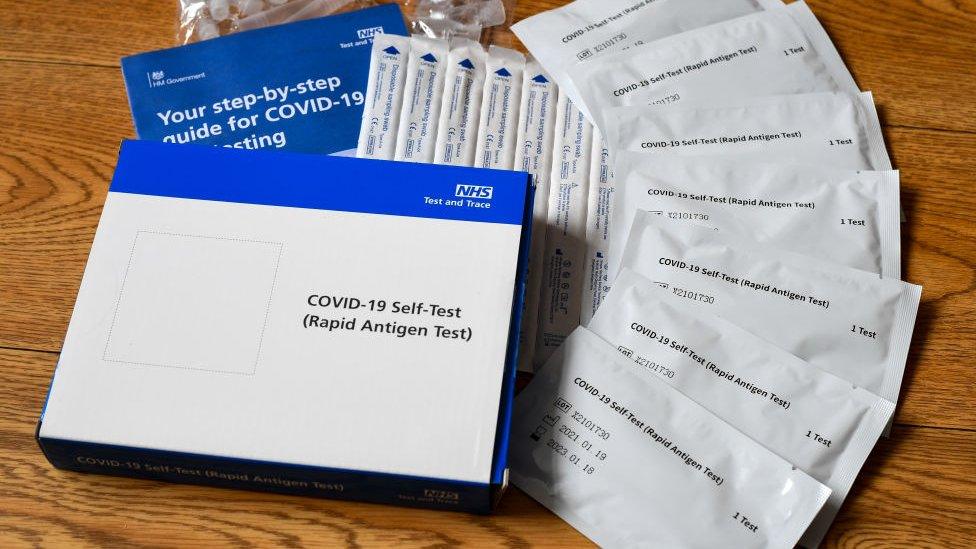
The changes come into effect in Northern Ireland from 22 April
Some free testing will continue during April in Scotland.
In Wales the cut-off is July.
You can read more about the guidance on self isolation across the UK here.
Related topics
- Published24 March 2022
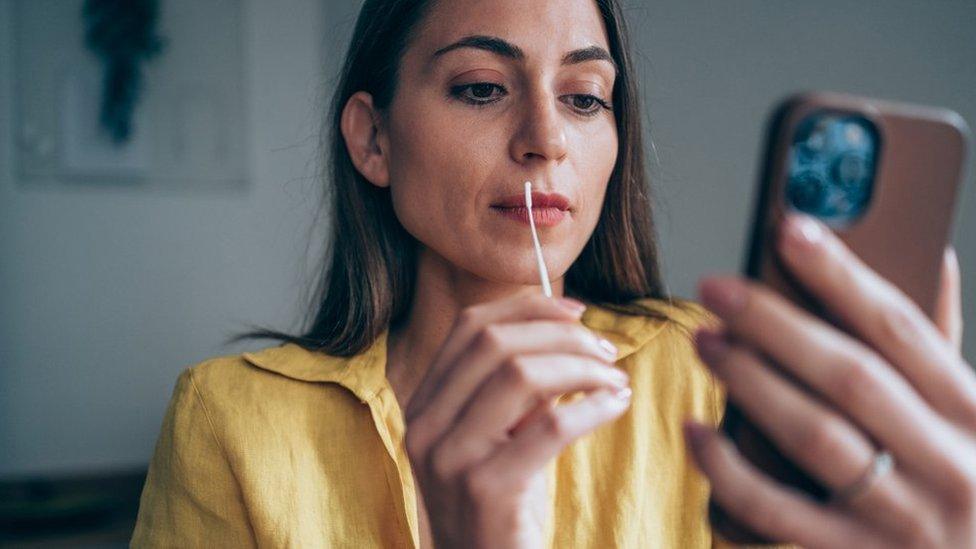
- Published20 December 2023

- Published14 February 2022
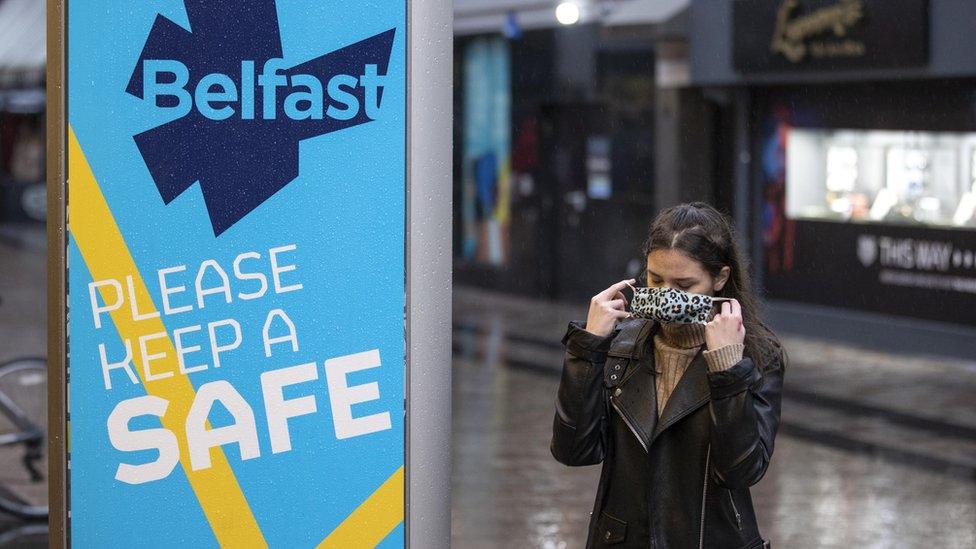
- Published12 January 2022

- Published19 December 2021
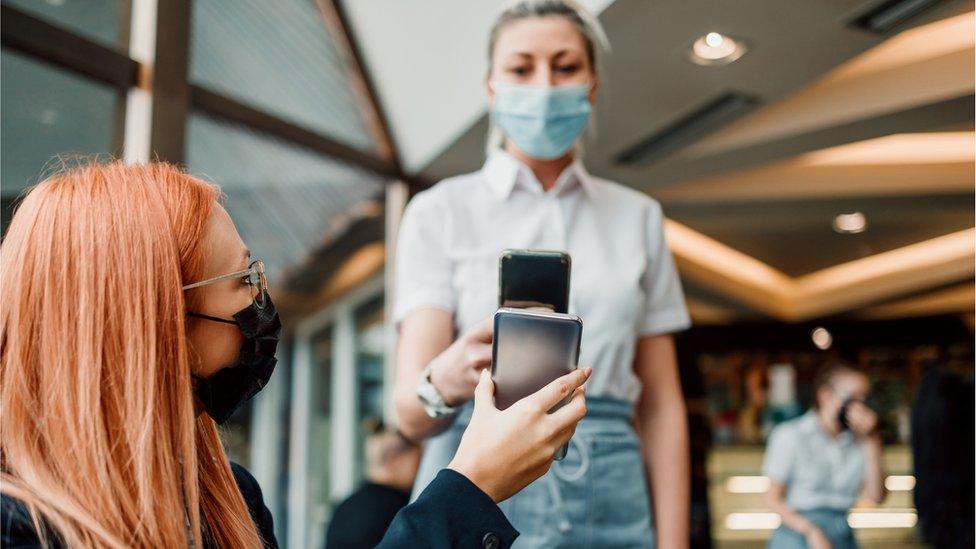
- Published17 December 2021

- Published23 November 2021
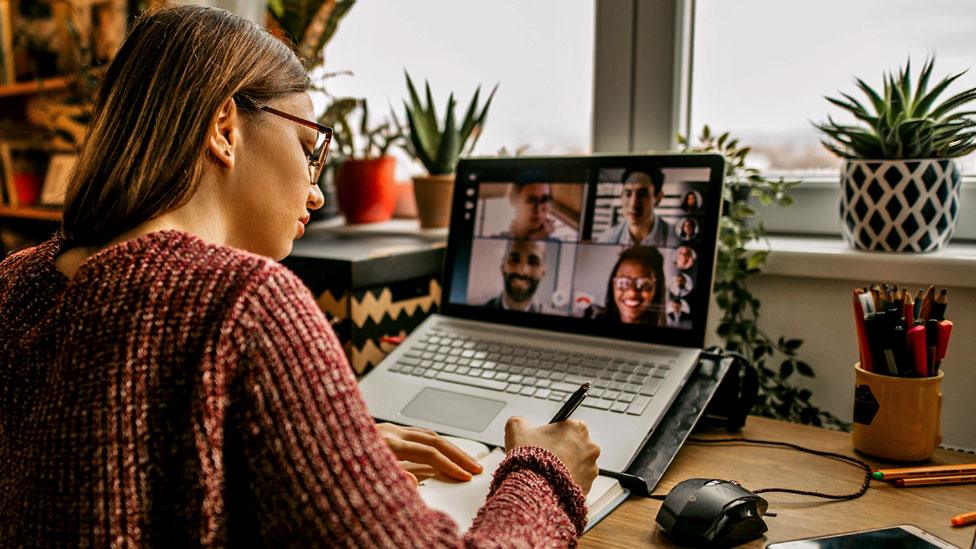
- Published27 September 2021

- Published23 September 2021
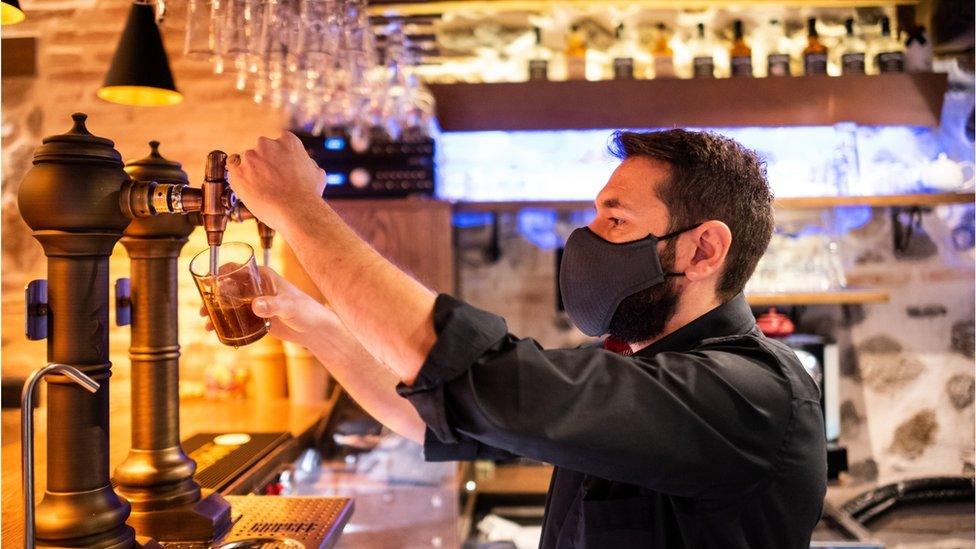
- Published10 September 2021
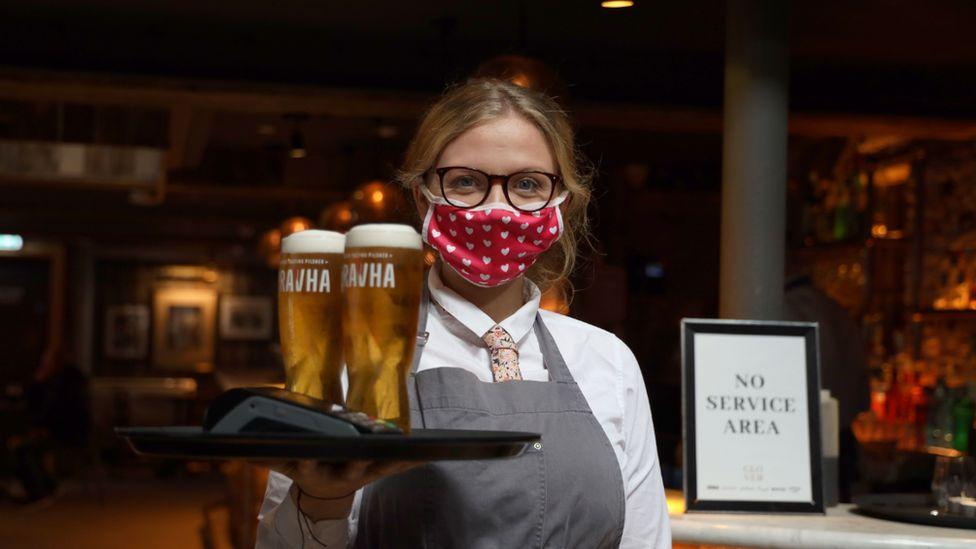
- Published16 February 2022
